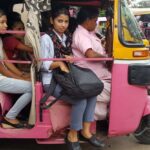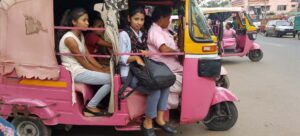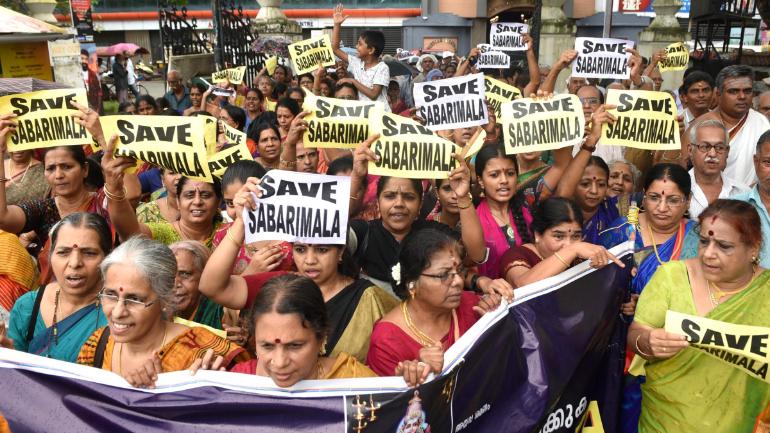
Kerala Ministry Of Tourism Head Lashes Out At UK And US Travel Advisories Following Violent Protests Responding To Women Entering Sacred Temple
by Heather Cassell
Kerala Tourism Minister Kadakampally Surendran lashed out at the United Kingdom and the United States calling travel advisories “insulting” on Sunday.
“They have not said don’t go. But said remain vigilant. That itself is insulting,” Kadakampally told reporters during a press conference in Thiruvananthapuram, the capital city of Kerala, India.
The Foreign and Commonwealth Office in the UK warned British travelers to “monitor media reports, remain vigilant and avoid large public gatherings,” January 4. The warning remained in place January 7.
The US advisory reiterated the UK advisory.
However, within the same advisory, the UK also warned travelers of the increased activity and potential of an attack on popular tourist destinations in India by the Islamic State of Iraq and the Levant.
“There have been recent media reports suggesting Daesh (formerly referred to as ISIL) may have an interest in attacking targets in India. There may be an increased threat to places visited by British nationals such as religious sites, markets, festival venues, and beaches,” stated the advisory.
“Visitors to India should avoid protests or large gatherings, follow the advice of the local authorities and your travel company and monitor the local media and any curfew restrictions that may be in place,” the advisory continued.
The God, Women, And Protest
Ayyappa, the son of Hindu god Shiva and Mohini, the only female avatar of the Hindu god Vishnu, is a god of growth. The syncretic deity, which is the blending of multiple religious beliefs, is popular in Kerala, a Southern state of India.
More than 50 million devotees descend upon Kerala for Makar Sankranti or Pongal on January 14 to receive Ayyappa’s blessings during his descent in the form of light at Sabarimala Sree Dharmasastha Temple.
However, in 1991, the Kerala High Court banned women of childbearing age (10 – 50) from worshiping and presenting offerings to Ayyappa at the temple and empowered local police to enforce the ban.
In 2018, the Supreme Court of India overturned the Kerala High Court ruling calling it unconstitutional and that it wasn’t an “essential part” of Hinduism, but a form of “religious patriarchy” that stigmatized and stereotyped women.
Since then there have been violent protests throughout Kerala.
The latest demonstrations are a result of the two women’s attempts to enter the temple January 2.
Two women attempted to enter the temple in October 2018, but protestors blocked them 100 meters from ascending the 18 steps. The two women’s attempt earlier this month followed the human chain of 5 million women, called Vanitha Mathil, translated women’s wall, that peacefully stretched 385 miles (620 kilometers) for 15 minutes across Kerala in support of the supreme court’s decision January 1, according to media reports.
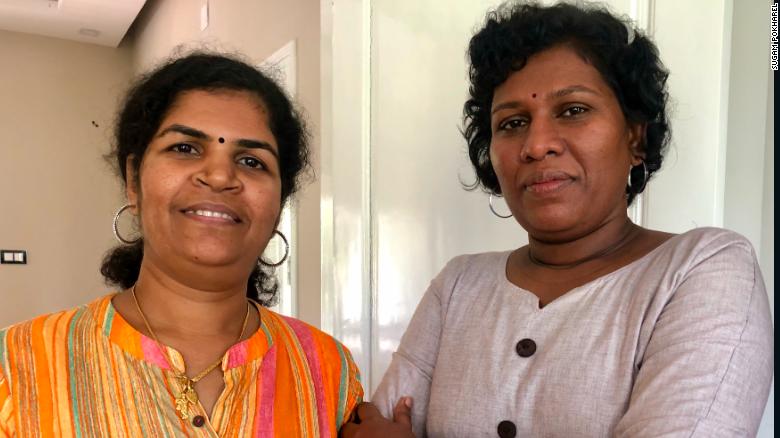
Unusual Violence
Kerala’s tourism has been profoundly affected by unusual violent protests that broke out late last week and months of random government several shutdowns, according to media reports.
However, the protests that broke out late last week and quickly spread out over various towns in Kerala have been unusually violent resulting in thousands of arrests prompting the travel advisories.
Right-wing demonstrators are angry that two women, Bindu Ammini, 40-year-old law lecturer, and Kanakadurga, 39-year-old local government employee, entered the Hindu god Ayyappa’s sacred temple in Sabarimala Sree Dharmasastha Temple in Periyar Tiger Reserve in the Pathanamthitta District of Kerala, India.
The two women were the first to do so since India’s Supreme Court lifted the ban on women worshiping at the temple. The women have gone into hiding since entering the temple, reported CNN.
The protests are being led by the right-wing political parties and organizations. The Bharatiya Janata Party and Rashtriya Swayamsevak Sangh, also known as Rashtriya Seva Sangh, translated National Volunteer Organization, and organizations, such as Sabarimala Karma Samithi, an umbrella organization of Hindu groups, are backing the demonstrations.
Houses of two right-wing leading political parties and organizations – the Rashtriya Swayamsevak Sangh, also known as Rashtriya Seva Sangh, translated National Volunteer Organization, and the Communist Party of India – were attacked during the early Sunday morning hours in the Thalassery of Kannur District, reported the Times.
A CPI(M) branch secretary was arrested in connection to an alleged attack on a mosque in Perambra in the Kozhikode District. Police said the motive was to stoke communal trouble in the region, reported the Times.
A Democratic Youth Federation of India worker was also stabbed in Palakkad.
Police extended prohibitory orders in three additional towns.
More than 3,000 people have been arrested since January 4.
“I never expected this situation. Street violence, one person killed. I never expected this,” Kanakadurga told CNN in an interview from a safe house, one of many the women have stayed at since they visited the temple.
The women hope to end discrimination. Their act of entering the temple, which was their second attempt since last month when they were met with a wall of protestors that blocked their entrance to the temple, is to inspire other women.
“My message to the women of India is please break the system, and please break the evil customs. That is the message,” Bindu told CNN.
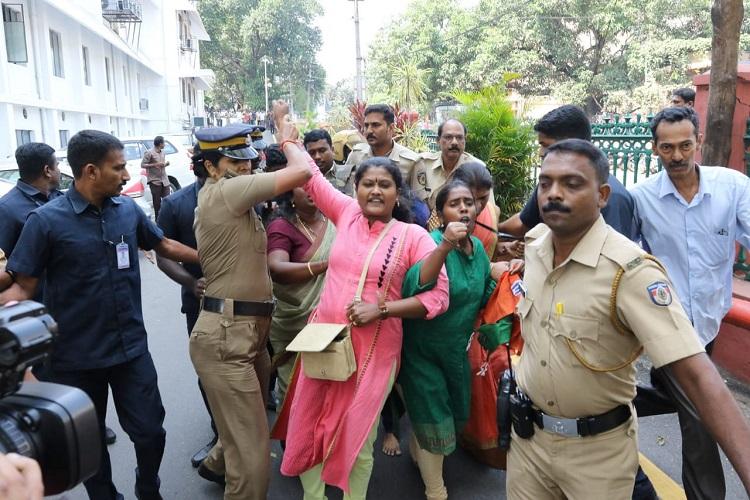
Impact
Tourism makes up 10 percent of Kerala’s Gross Domestic Product. The protests threaten to damage the state’s tourism sector in an unprecedented way, according to Kadakampally.
“These advisories really humiliated us. More than 10 percent of the state GDP is based on [the] hospitality industry and there is a concerted effort to target this,” Kadakampally told the Hindustan Times.
Adding to the challenge presented by the demonstrations are the trade union strikes.
The tourism sector has been exempted from the January 8 and 9 all India strike called by the central trade unions, reported the Tribune India, but not during other recent shutdowns.
The minister told reporters he believed the shutdowns were planned and targeting tourists was planned.
“During all shutdowns, usually, tourist vehicles were spared. But this time they were targeted too. This has brought us enough shame. It seems Sangh Parivar outfits are doing it deliberately. Big or small, the state witnessed seven shutdowns in two months. If the situation continues to be like this it will put a death knell to [the] tourism industry,” Kadakampally told the Times.
It’s been a difficult and turbulent time for Kerala, which is recovering from the devastation from the monsoon floods in August.
Book your next trip to make a difference with Girls That Roam Travel. Contact Heather Cassell at Girls That Roam Travel at 415-517-7239 or at .
To contract an original article, purchase reprints or become a media partner, contact .


